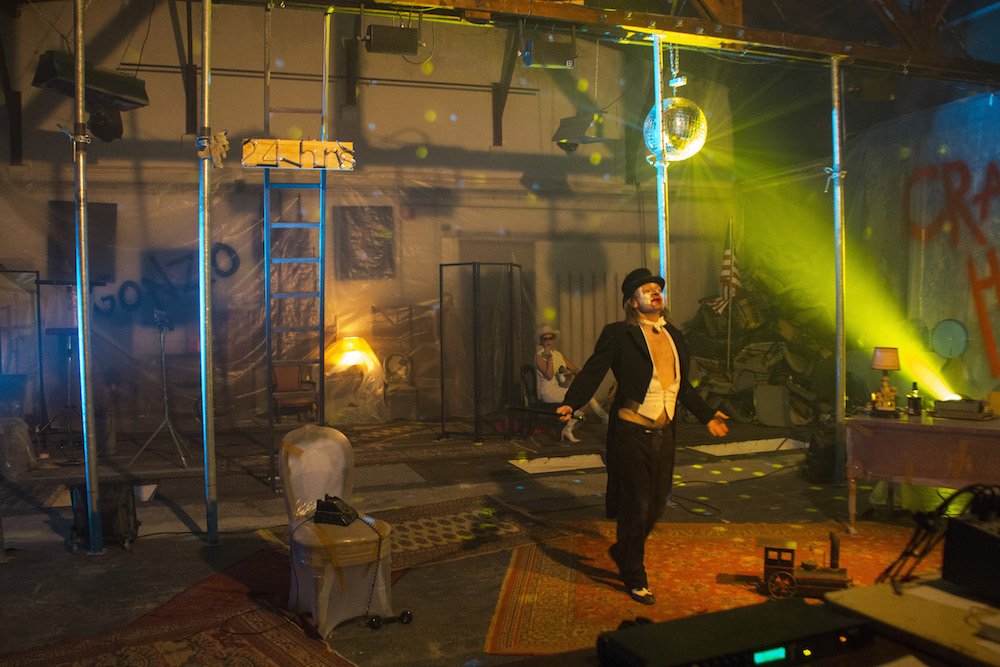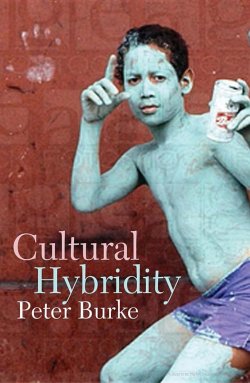
|

|
 |
|

 In Bacchanten schetst Euripides drie houdingen tegenover nieuwe (religieuze) bewegingen die een cultuur van buitenaf overspoelen en uit evenwicht brengen: Dionysos wil erkenning voor zijn beweging en inburgering van het nieuwe, Pentheus wil het nieuwe verbieden en Teiresias wil dat oud en nieuw in elkaar opgaan.
In Bacchanten schetst Euripides drie houdingen tegenover nieuwe (religieuze) bewegingen die een cultuur van buitenaf overspoelen en uit evenwicht brengen: Dionysos wil erkenning voor zijn beweging en inburgering van het nieuwe, Pentheus wil het nieuwe verbieden en Teiresias wil dat oud en nieuw in elkaar opgaan.
Peter Burke schreef een heel mooi boekje over het eeuwenoude fenomeen van wederzijdse beïnvloeding tussen verschillende culturen. De conclusie is simpel: er bestaat geen culturele oorspronkelijkheid of eigenheid. Culturele identiteit is per definitie hybride. Een punt dat Toneelgroep De Appel ook al in de theatermarathon Tuin van Holland maakte.
Burke heeft het niet alleen over historische feiten, maar in de eerste plaats over nu, met name de globalisering. We leven in een periode van frequentere en intensere culturele ontmoetingen.
Burke: ‘In any case, the argument that all innovation is a kind of adaptation and that cultural encounters encourage creativity is one that I find extremely plausible.' (...) ‘However we react to it, the global trend towards mixing or hybridization is impossible to miss, from curry and chips - recently voted the favourite dish in Britain - to Thai saunas, Zen Judaism, Nigerian Kung Fu, ‘Bollywood' films or salsa or reggae music. Some people celebrate these phenomena, whilst others fear or condemn them. No wonder, then, that theorists such as Homi Bhabha, Stuart Hall, Paul Gilroy, and Ien Ang, have engaged with hybridity in their work and sought to untangle these complex events and reactions; or that a variety of disciplines now devote increasing attention to the works of these theorists and to the processes of cultural encounter, contact, interaction, exchange and hybridization.'
Peter Burke, Cutlural Hybridity, polity, 2009, ISBN 978 0 7456 4656 1